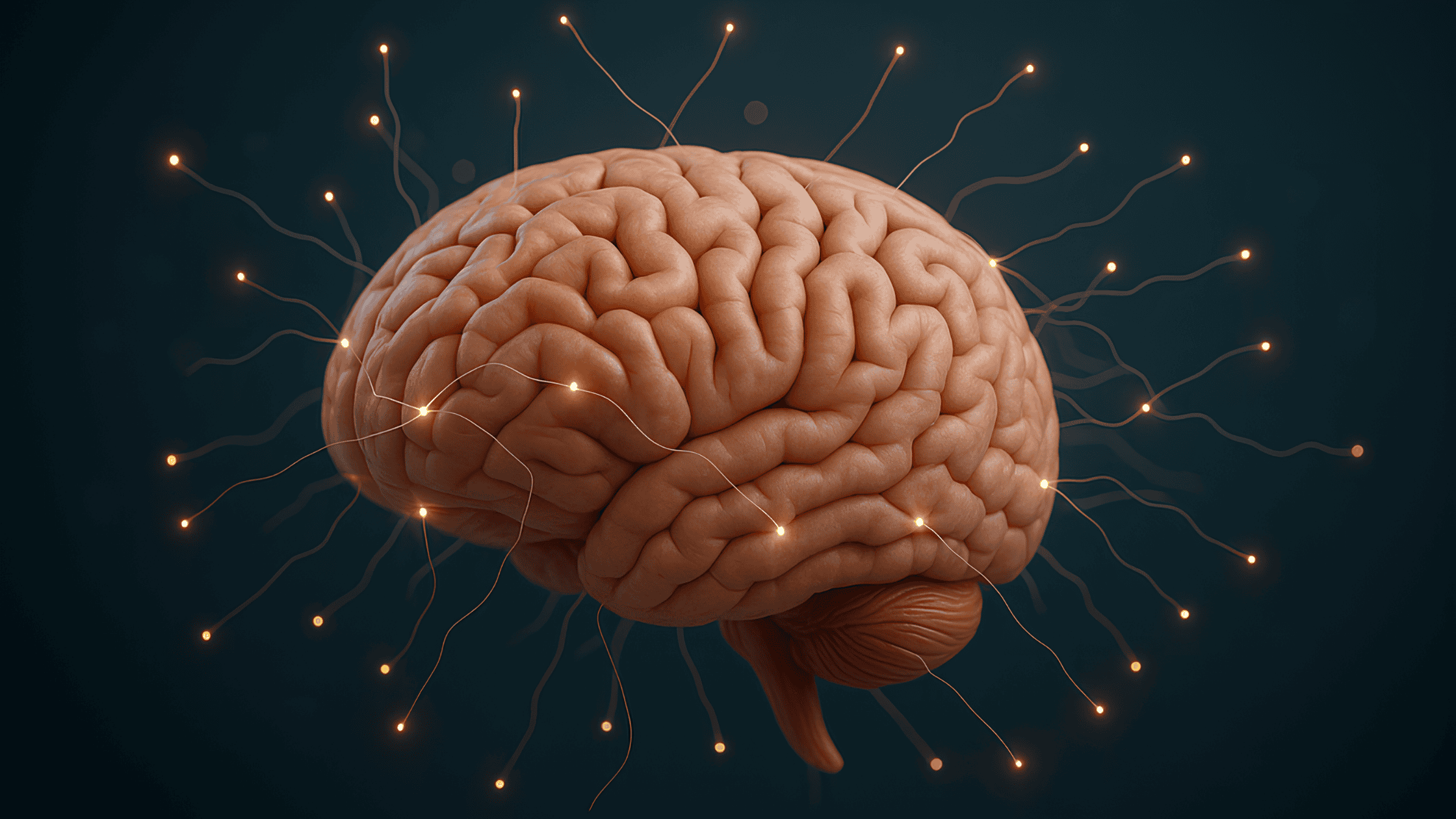Cognitive decline and neurodegenerative diseases like Alzheimer’s have long been seen as inevitable and irreversible. However, groundbreaking research by Dr. Dale Bredesen has reshaped this narrative. His pioneering work led to the development of the Bredesen Protocol—a comprehensive, personalized approach designed to identify and treat the underlying causes of cognitive impairment.
In Australia, the Bredesen Protocol is gaining increasing attention from individuals and healthcare professionals alike. As public interest grows, many are turning to this integrative model as an alternative or complement to conventional dementia care.
In this guide, we’ll explore how the Bredesen Protocol, including the highly customized ReCODE protocol, works, what makes it different, and the evidence surrounding Bredesen Protocol effectiveness in slowing or reversing cognitive decline.
What Is the Bredesen Protocol?
Developed by Dr. Dale Bredesen, a renowned neurologist and researcher, the Bredesen Protocol is a therapeutic program aimed at preventing and reversing cognitive decline by targeting the underlying mechanisms contributing to neurodegeneration. Unlike conventional treatments that focus solely on symptom management, this protocol addresses the multiple factors—such as inflammation, nutrient deficiencies, and metabolic dysfunction—that contribute to Alzheimer’s and other forms of dementia.
This program is based on decades of research, including Dr. Bredesen’s work on the “multiple contributors” theory of Alzheimer’s, which suggests that the disease results from an imbalance in brain signaling pathways. By identifying and correcting these imbalances, the protocol helps restore cognitive function.
How Does the Bredesen Protocol Work?
At the heart of this methodology is personalisation. The ReCODE protocol (Reversal of Cognitive Decline), an advanced component of the broader Bredesen Protocol, offers a tailored treatment roadmap based on a patient’s genetics, biochemistry, and lifestyle factors.
1. In-Depth Assessment and Subtyping
The process begins with extensive testing to uncover imbalances across six subtypes of Alzheimer’s—including inflammatory, toxic, vascular, and traumatic causes. These subtypes guide practitioners in developing a focused plan.
This is especially relevant for patients in Australia, where access to ReCODE-trained clinicians is expanding. As the demand for Bredesen Protocol Australia solutions grows, practitioners are increasingly using these subtyping methods to deliver targeted brain health support.
2. Addressing All Contributors: The 36-Hole Analogy
The protocol operates on the belief that treating cognitive decline is like fixing a roof with multiple holes—leaving even a few untreated won’t solve the problem. Key interventions include:
- Nutrition & Diet: The Ketoflex 12/3 diet supports ketosis and brain detoxification.
- Exercise & Brain Training: Encourages neuroplasticity through aerobic movement and mental stimulation.
- Sleep & Stress Management: Prioritizes deep sleep and cortisol regulation.
- Detoxification: Removes harmful toxins like heavy metals and molds.
- Gut and Hormonal Health: Restores digestive and endocrine function to protect cognitive health.
- Supplementation: Uses scientifically supported nutrients to boost mitochondrial and neural performance.
3. Ongoing Support and Optimisation
Sustained progress depends on continual reassessment. The ReCODE protocol includes structured follow-ups and adaptive strategies to ensure that treatment evolves alongside the individual’s biology and environment.
Does the Bredesen Protocol Really Work?
Emerging research and clinical trials suggest that the protocol holds promise. In a 2023 trial led by Dr. Heather Sandison, all participating patients showed improvement. This research forms the basis for the Evanthea Dementia Reversal Trial—now nearing completion—and is expected to reinforce the Bredesen Protocol’s effectiveness with randomized, controlled evidence.
More practitioners across the globe, including those in Australia, are reporting case studies of patients regaining memory function, reducing brain fog, and improving overall cognitive capacity when the protocol is followed diligently.
Success is most evident in individuals who:
- Begin early (e.g., during mild cognitive impairment)
- Commit to lifestyle and dietary changes
- Engage in regular monitoring with trained clinicians
Who Can Benefit
The Bredesen Protocol may be appropriate for:
- People in early stages of Alzheimer’s or MCI
- Individuals with genetic risk factors (such as APOE4)
- Patients struggling with unexplained cognitive symptoms
- Health-conscious individuals aiming to prevent decline proactively
In Australia, integrative medicine clinics and functional health providers are increasingly offering assessments and support programs based on the Bredesen and ReCODE protocol frameworks.
A New Era in Brain Health
The Bredesen Protocol introduces a bold, hope-filled approach to cognitive health—one that treats the person, not just the disease. Its systems-oriented design emphasizes the importance of addressing all contributing factors, from insulin sensitivity to toxin exposure.
As global adoption grows, especially in Bredesen Protocol Australia programs, the paradigm of “inevitable decline” is being challenged. The protocol’s multi-layered strategy, backed by growing clinical data, is changing the landscape of Alzheimer’s prevention and care.
While not a guaranteed cure, the protocol provides a pathway to optimal brain function and long-term cognitive resilience. If you or someone you love is experiencing signs of cognitive decline, exploring the Bredesen or ReCODE protocol under medical supervision could be a transformative step.
Disclaimer: This blog is intended for informational purposes only and does not replace professional medical advice. Always consult with a healthcare provider before beginning any new treatment or protocol.

